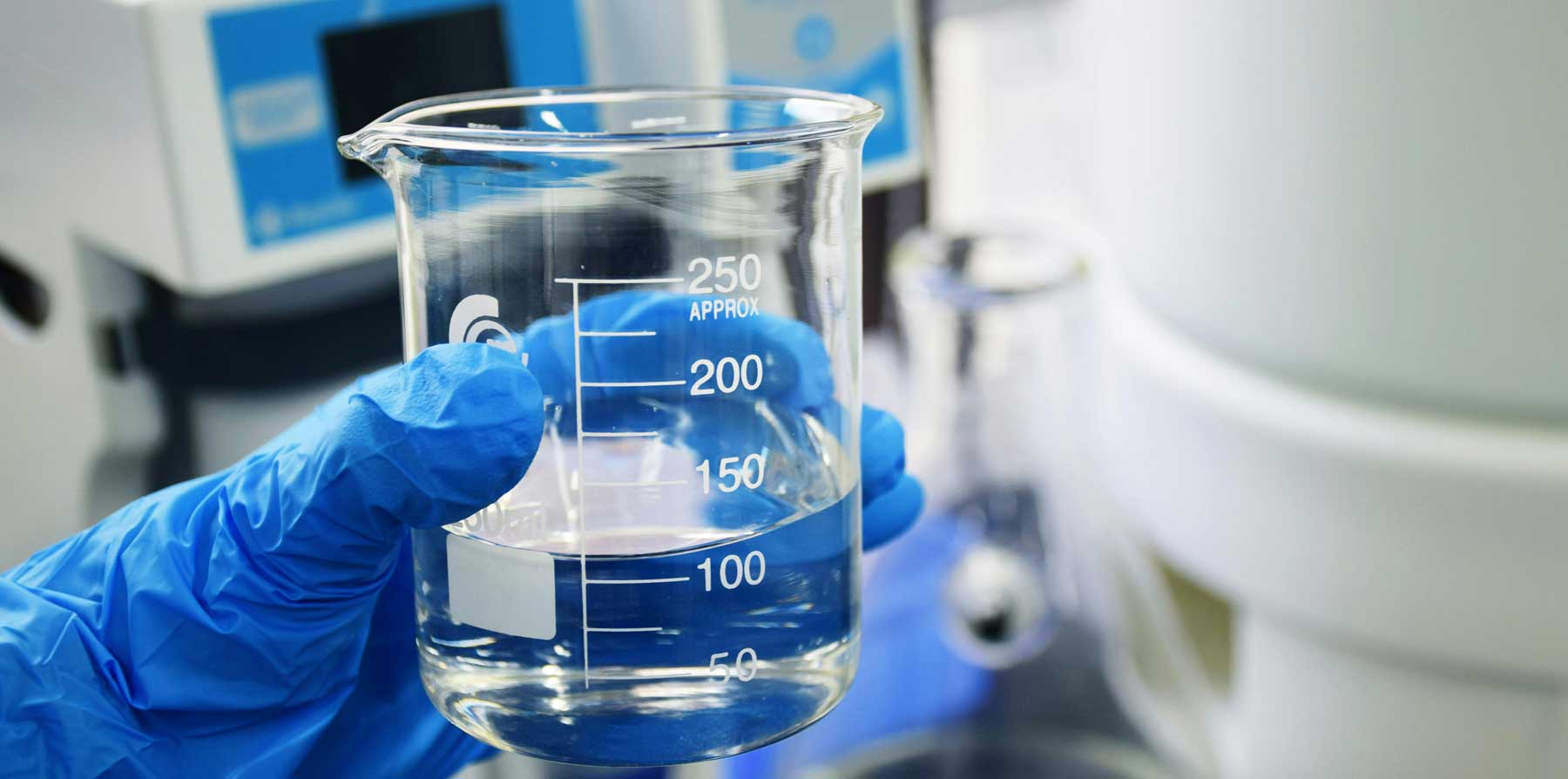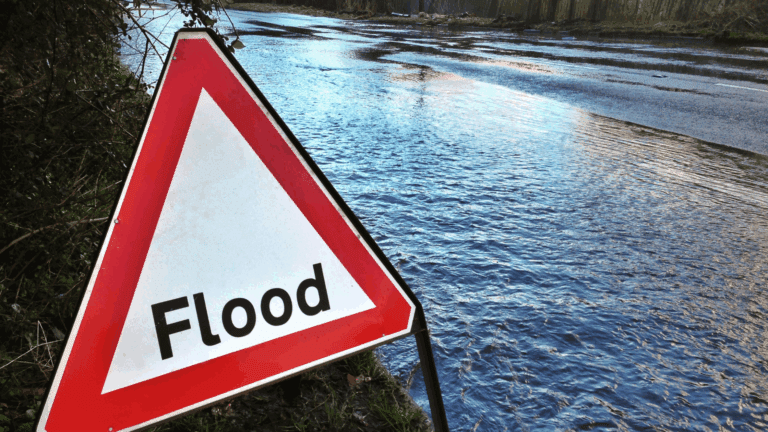
Every business, regardless of size or industry, uses water. Whether it’s an essential part of your manufacturing process and just vital for everyone’s morning coffee, it’s impossible to run a business without access to a clean, safe water supply.
However, your business may be using more water than you think, or even paying for water that is simply going to waste. That’s why a water audit can be crucial to keeping a handle on your utility bills.
Completing a water audit gives you a clear overview of where your business stands in terms of water management, and how it could be improved. We’re going to take a closer look at water audits, examining what benefits they could bring to your business and how you should go about undertaking one.
What is a water audit?
A water audit is a comprehensive review of a business’s water use and its efficiency. It involves analysing water bills, inspecting onsite water use and infrastructure, and identifying leaks or areas of inefficiency. The ultimate goal of a water audit is to uncover opportunities for water savings, reduce costs, and enhance sustainability practices within an organisation.

Why is a water audit important?
In the UK, businesses are becoming increasingly aware of the importance of sustainability and environmental responsibility. Water audits play a crucial role in this awareness, providing several benefits.
Cost savings
By identifying and fixing leaks, optimising water use, and implementing water-saving measures, businesses can significantly reduce their water bills. The Environment Agency reports that, on average, businesses can reduce their water costs by 20-50% through effective water management and conservation measures.
Environmental impact
Reducing water consumption not only saves money but also conserves a precious resource and minimises the environmental footprint of a business.
Compliance and reputation
Demonstrating a commitment to sustainable water use can enhance a company’s reputation with customers, employees, and partners. It also ensures compliance with increasingly stringent environmental regulations.
How to conduct a water audit
Review water bills
Start by collecting and reviewing your water bills from the past year. Look for trends in consumption and billing rates. This will help you understand your baseline water use and identify any anomalies or unexpected spikes in water usage.
Inspect on-site water use
Conduct a thorough inspection of your premises. This involves checking for leaks, assessing the efficiency of water fixtures (like toilets, taps, and showers), and understanding the water needs of your business operations. It’s crucial to identify any areas where water is being used inefficiently or unnecessarily.
Engage employees
Employee involvement is key to a successful water audit. Train your staff to be mindful of water usage and to report leaks or areas of waste. Encouraging a culture of sustainability within your organization can lead to more efficient water use and significant savings over time.
Implement water-saving measures
Based on your audit findings, implement targeted water-saving measures. This could range from repairing leaks, installing water-efficient fixtures and appliances, to redesigning processes to reduce water use. Simple changes, such as fixing a dripping tap, can save over 5,500 litres of water a year, according to Waterwise.
Monitor and review
After implementing water-saving measures, continue to monitor your water use and bills. This will help you assess the effectiveness of the changes and identify any further opportunities for savings. Regular monitoring and review are essential to ensure ongoing water efficiency and cost reduction.

Contact Everflow today!
At Everflow, our goal is to make your utilities simpler. We ensure you get great-value contracts that are tailored to your needs and easy to manage.


